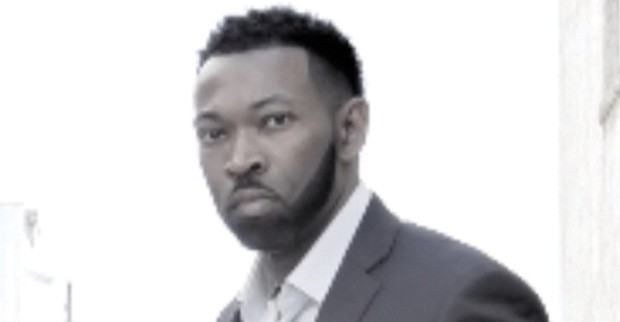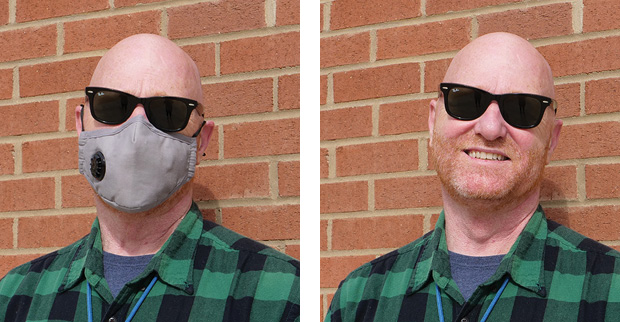Women’s History Month: Hatch Maintenance and Technical Training Manager Lea Carter
Meet Lea Carter, Maintenance and Technical Training Manager at Plant Hatch
How long have you been with the company and/or in this current role?
I’ve been with Plant Hatch since 2013 and in this role since July 2020.
Give us a brief description of your job duties:
I lead the instructional staff who maintain and deliver the training programs for our Electricians, Mechanics, Instrument & Controls Technicians, Radiation Protection Technicians, Chemistry Technicians and Engineers. Part of my role is to ensure we partner with the line to design, implement and evaluate training programs that are founded on the systematic approach to training required by Nuclear Regulatory Commission (NRC) regulations. Ultimately, the goal is to train, qualify and continuously improve the performance of our people, so our station’s performance continuously improves.
What other roles have you had at Southern Nuclear/Southern Company?
Systems Engineer, Engineering Instructor, Maintenance Lead Instructor and Training Support Manager
What does Women’s History Month mean to you?
It reminds me to appreciate and be inspired by the women, known and unknown, who have fought and continue to fight for rights and equality. What I do can either honor or dishonor them.
Was there a particular female mentor, trailblazer, or historic figure whom you admired or who inspired you at some point in your life?
My mother. She stayed home with my brother and me, and then went back to work when our family needed the money for college. Because of her and my dad’s support, my brother and I graduated from college debt free. Her goal was for us to be independent contributors to society who made a difference and did the best we could with our abilities. She taught me to do a job right the first time, that it is more important to give than receive and to always treat others with respect and dignity. She modeled what it looked like to be a nurturing mother and a loving and supportive wife to my dad. My mom inspires me to teach and model those traits for my daughter.
Why and when did you become interested in the nuclear industry?
In 2013, I had been staying home with my children for several years when they were young. I was ready to come back to work and wanted a challenging and interesting career close to home that would allow me to use my engineering degree and experience. The opportunities at Plant Hatch were the perfect fit.
What are some obstacles you’ve faced on your journey to success?
I struggled – and sometimes still struggle – with balancing rest and work time. Another obstacle for me at work was gaining the courage to speak my mind assertively and respectfully, even when I was intimidated. Another was learning to trust my gut and not be afraid to communicate bad news or constructive feedback.
What advice do you have for women about being a woman in the nuclear industry?
You might be the only woman in the room sometimes, but don’t let that bother you. Understand that your perspective, thoughts and opinions are just as important as those of your colleagues. Share them with good intent to help the team and build healthy relationships. Take on projects that give others in the organization a chance to see what you can do and how you do it. In nuclear, you will never know it all, so seek out and collaborate with those who do have the specific expertise needed. You will learn, build good working relationships, and get a better decision, product or outcome in the end. Don’t be afraid to ask for the help you need to be successful. Always be professional … but be you.
What do you wish others knew about being more inclusive of women in the workplace?
Metaphors and analogies used in everyday business jargon can sometimes be unintentionally exclusive. I’m not a big sports person and don’t have a military background (I was a ballet dancer). So, when sports or military analogies are used at work, sometimes I just ask for clarification. No biggie. A few years ago, in a past career, my boss cheerily encouraged me to “hold the line!” When I asked what he meant by that, he was just trying to tell me to persevere and keep up the good work to finish the project. It was great advice and encouragement that would’ve been lost on me if I hadn’t asked.


